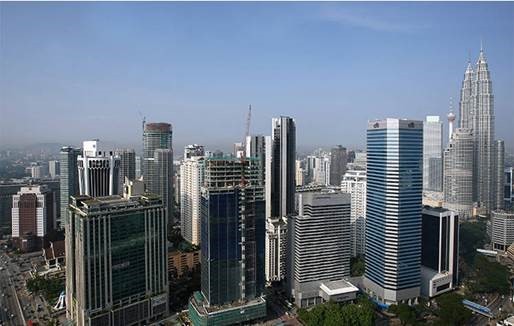
KUALA LUMPUR: A supportive and proactive fiscal policy remains critical to counter the severe economic loss wreaked by the Covid-19 pandemic, Asean+3 Macroeconomic Research Office (AMRO) said.
AMRO economist Diana Rose Del Rosario said fiscal policy had appropriately taken an active role in supporting the economy during the crisis.
She said AMRO commended Malaysia's prompt deployment of another economic package shortly after tightened movement curbs were imposed in January-February 2021.
Initiatives such as targeted cash transfers, tax reliefs, and job retention and hiring incentives schemes as well as enhanced healthcare services were appropriate to continue through 2021 to protect the welfare of vulnerable groups, she added.
"Likewise, the extension of the targeted repayment assistance, withdrawal of retirement savings and reduced contributions, credit guarantees, and Bank Negara Malaysia's soft loans to SMEs (small and medium enterprises), have helped to ease cash flow constraints and support a sustained economic recovery going forward.
"As such, the targeted loan repayment assistance and credit support to SMEs may remain in place and recalibrated as needed, but due regard must also be given to the restoration of employees' retirement savings post-pandemic."
Del Rosario was speaking at the virtual briefing in conjunction with the release of AMRO's Annual Consultation Report on Malaysia today.
Meanwhile, the report said the enlarged debt burden, as a result of the sizeable fiscal stimulus, underscored the importance of restoring fiscal buffers once the economic recovery is firmly on track.
Towards this end, Del Rosario said tax reforms were essential to enable a faster reduction of the fiscal deficit and guide the government debt back to the pre-pandemic statutory limit over the medium term.
She said in the scenario of a reintroduction of goods and services tax (GST) in mid-2022, the broad base tax could lower the government's debt ratio considerably with the debt level to be about the statutory limit in 2023.
According to the report's debt sustainability simulations, meeting the lower statutory limit of 55 per cent of GDP by end-2023 - as currently planned by the government - would be challenging under baseline assumptions.
"That said, in our estimates, re-introducing the six per cent GST would raise the additional revenue needed to narrow the deficit and substantially lower the government debt toward the desired limit.
"Thus, there is a need to design and implement revenue-raising tax reforms that would not jeopardise the economic recovery.
"The reforms may be implemented once the economic recovery firms up and the uncertainty over the outlook dissipates, to avoid cliff effects," the report said.
Source: https://www.nst.com.my/business/2021/05/687716/supportive-proactive-fiscal-policy-critical-counter-economic-loss-covid-19

